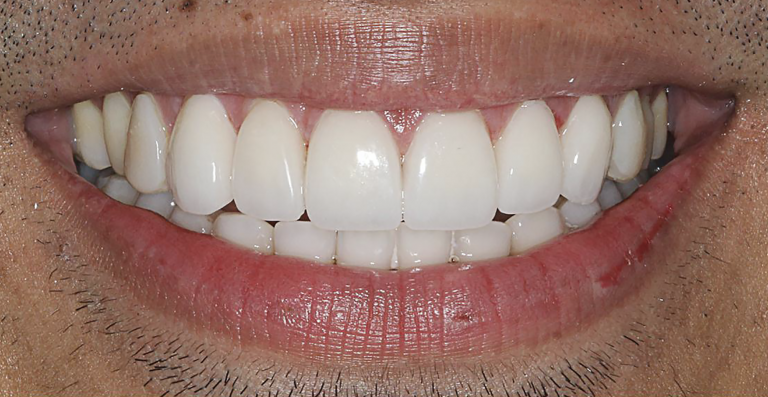Composite bonding is a popular cosmetic dental procedure that can transform your smile without breaking the bank. If you’re curious about the cost of composite bonding per tooth, you’re in the right place. In this article, we’ll break down the expenses associated with this procedure, making it easy for you to make an informed decision.
What is Composite Bonding?
Before we delve into the cost details, let’s briefly understand what composite bonding is. Composite bonding is a non-invasive dental procedure used to repair chipped, discolored, or misaligned teeth. It involves applying a tooth-colored resin material to the tooth’s surface, which is then sculpted, shaped, and polished to enhance your smile’s appearance.
Factors That Influence Cost
The cost of composite bonding per tooth can vary based on several factors:
1. Location
Dental care costs can vary greatly by location. Urban areas often have higher prices than rural ones. It’s advisable to get quotes from local dentists to determine the cost in your area.
2. Extent of Bonding
The number of teeth you want to treat plays a significant role in the overall cost. If you’re looking to bond just one tooth, it will be less expensive compared to multiple teeth.
3. Complexity of the Procedure
The complexity of your case also affects the cost. Simple bonding to fix minor issues will be less expensive than more intricate procedures, such as reshaping an entire tooth.
4. Dentist’s Experience
Experienced cosmetic dentists often charge higher fees. However, their expertise can lead to more aesthetically pleasing results.
Average Cost Range
On average, you can expect the cost of composite bonding per tooth to range from $100 to $400. Keep in mind that this is a general estimate, and your specific cost may differ.
Additional Expenses
In addition to the primary bonding cost, there might be other expenses to consider:
1. Consultation Fees
Some dentists charge a consultation fee to assess your dental needs and discuss treatment options.
2. X-Rays and Imaging
X-rays and imaging are essential for accurate diagnosis and treatment planning. These may incur additional charges.
3. Maintenance and Repairs
Over time, the bonded resin may need repairs or touch-ups. Be prepared for potential maintenance costs in the future.
Affordable Payment Options
If you’re concerned about the cost, rest assured that many dental offices offer payment plans or financing options. This can make composite bonding more accessible for those on a budget.
Transitioning to a Brighter Smile
Now that you have a better understanding of the factors influencing the cost of composite bonding per tooth, you can take the next steps toward achieving your dream smile. Remember that a beautiful smile not only enhances your appearance but also boosts your confidence.
Frequently Asked Questions
Let’s address some common questions about composite bonding costs:
Q1: Is composite bonding covered by dental insurance?
A1: Dental insurance typically doesn’t cover cosmetic procedures like composite bonding. However, check with your provider to confirm.
Q2: How long does composite bonding last?
A2: Composite bonding can last for several years with proper care. Maintenance may be needed over time.
Q3: Is composite bonding painful?
A3: No, the procedure is generally painless, and local anesthesia is rarely required.
Q4: Can I drink and eat normally after composite bonding?
A4: Yes, you can resume your regular diet immediately after the procedure.
Q5: Are there any alternatives to composite bonding?
A5: Yes, alternatives include veneers and crowns, but they may be more expensive.
In conclusion, composite bonding is an affordable and effective way to enhance your smile. By understanding the factors that influence the cost, you can make an informed decision and take a step closer to achieving the smile you’ve always wanted. Remember to consult with a qualified cosmetic dentist Oldmachar Dental Care to discuss your specific needs and get an accurate cost estimate..

